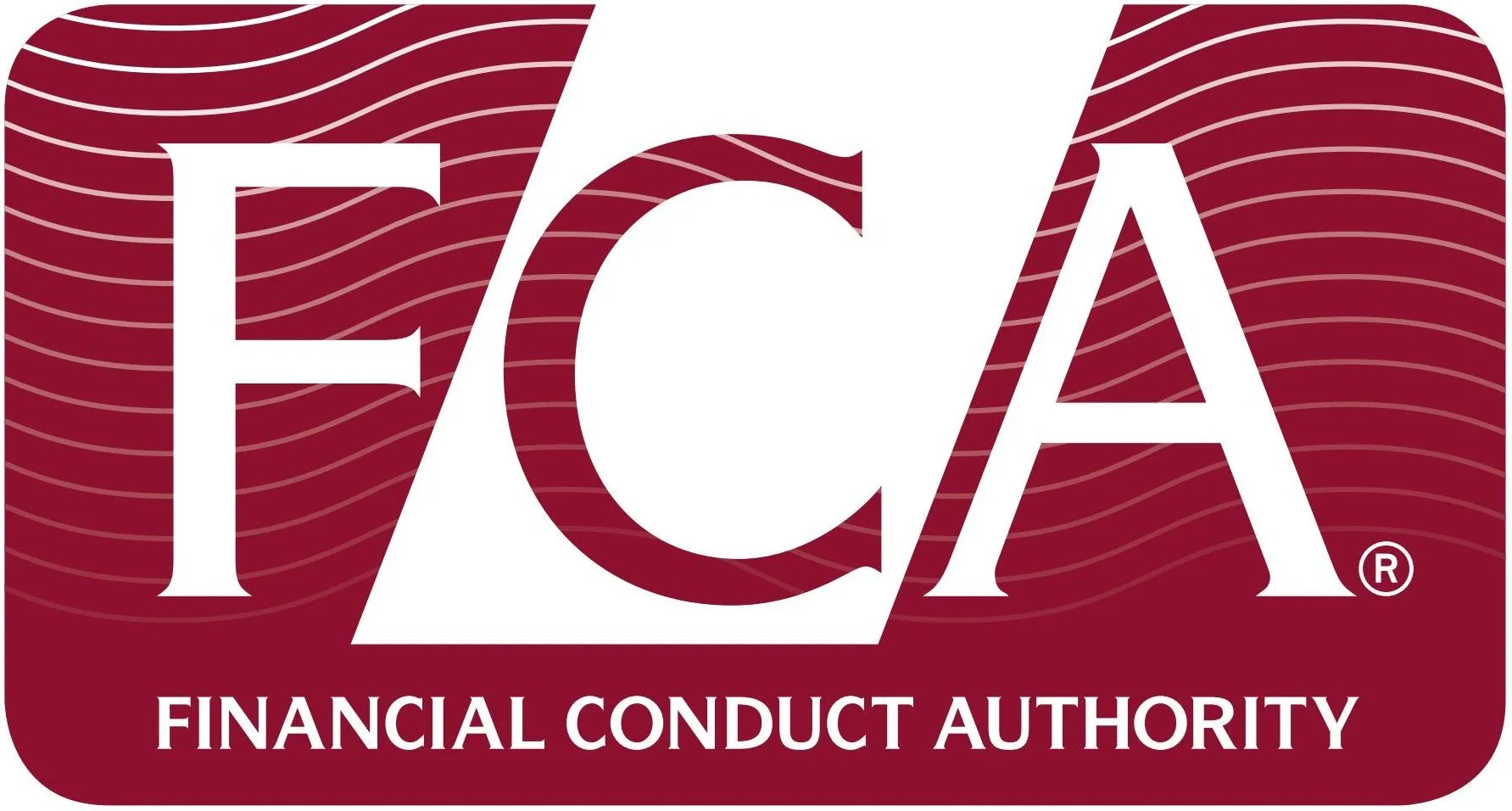Deliver efficient, sustainable retirement income advice outcomes
The Financial Conduct Authority (FCA)'s Retirement Income Advice Thematic Review, a significant regulatory development, highlights financial advisory firms' pivotal role in shaping consumer outcomes.
This regulatory development has far-reaching implications for advisory firms and the broader financial services industry, including asset managers, fund providers, and retirement income investment solutions developers.
In the evolving landscape where consumers increasingly choose to draw income while keeping their pension funds invested, a clear understanding of consumer needs becomes not just important but vital for the success of financial advisory firms.
Navigating this complexity emphasises that adviser firms must deeply understand consumers' requirements, ensuring consistent and suitable advisory solutions. With consumers presented with many options for retirement savings, the need for sound advice, particularly at these pivotal moments in their lives and ongoing support, is more critical than ever.
Following the Pension Freedoms legislation in April 2015, consumers gained greater flexibility in accessing their defined contribution pensions, including taking cash, investing in retirement income products, annuities or a combination thereof. This shift in consumer behaviour underlines the urgent need for your business to grasp evolving consumer needs and deliver timely financial guidance.
Why take action at this moment?
The urgency the FCA's Retirement Income Advice Thematic Review highlights cannot be overstated.
Alarmingly, only 33% of adviser firms reported using a completely different set of portfolios designed specifically for decumulation rather than accumulation1. Even more concerning, 59% of advisers used the same risk profiling methodology for accumulation and decumulation2.
The FCA has also emphasised the critical role of cashflow modelling in safeguarding clients' financial wellbeing. Therefore, immediate action is important to ensure consumers receive the best possible outcomes.

The importance of leveraging the right risk methodology
Effective retirement planning begins with assessing a client's risk tolerance. In accumulation, the focus is on risks that impact investment growth, such as volatility. But decumulation requires a shift towards safeguarding income, meaning ascertaining whether drawdown income levels are sustainable.
“221 out of 970 firms had a different process for assessing ATR in decumulation (as opposed to accumulation). That's about 23% of the adviser firms surveyed. In simpler terms, the majority, around 77%, didn't have this separate process.”
A tailored income questionnaire delves into clients' attitudes towards income fluctuations and financial goals, ensuring a personalised approach.
The ultimate goal of 'Income at Risk' (IaR) is to deliver a sustainable income stream to your client for life. It’s about avoiding potential losses and ensuring a secure financial future. The FCA's Retirement Income Advice Thematic Review has highlighted the importance of IaR in safeguarding clients' financial well-being, making it a crucial aspect of your advisory services.
By evaluating IaR, advisory firms can have meaningful discussions with their clients about income sustainability and how their retirement plan can guarantee that their income needs are met throughout their retirement.
.png)
Cashflow modelling that helps you advise the right income withdrawal strategy
The FCA’s Retirement Income Advice Thematic Review stresses the importance of using robust and realistic cashflow modelling techniques when providing retirement income advice. The FCA emphasises that cashflow modelling is crucial for safeguarding client’s financial wellbeing and has pointed out common errors and misconceptions in its use by advisory firms. Therefore, it’s essential to prioritise your clients' current and future income needs in retirement.
“634 out of 970 firms reviewed the underlying assumptions annually.”
"The FCA states, "Cashflow Modelling should be in real terms, ensure tax bands and limits are based on reasonable assumptions, take into account all relevant tax charges and include stress-testing scenarios.”
Embracing the FCA’s findings and implementing the new requirements can significantly benefit advisory firms. By adopting best practices in cashflow modelling, firms can enhance their techniques, challenge assumptions, test scenarios, and improve client communication about uncertainties. This proactive approach meets regulatory standards and builds a culture of continuous improvement and customer-centricity.
Two types of cashflow modelling approaches are in use: deterministic or stochastic.
- Deterministic models use assumptions that do not vary, such as a future growth projection.
- Stochastic models allow for variability and produce a range of possible outcomes based on a statistical model.
Whichever type advisory firms use to illustrate possible outcomes, they should also explain why the actual outcomes will vary in practice. Firms should ensure that the underlying assumptions or parameters used in cashflow modelling are reasonable and reviewed regularly to ensure they remain appropriate.
Using a robust cashflow modelling solution, you can provide your clients with the necessary tools to make the best decisions for their financial future. A thoughtful and comprehensive approach empowers clients to achieve their financial goals and live fulfilling lives in retirement.
What next?
If you’re a financial adviser looking for ways to meet your retirement income advice regulatory obligations…
If you’re an asset manager or DFM looking to test the efficiency of your income funds, build, or risk rate your portfolios for income risk…
Guides and Whitepapers
Guide to EV Income Risk Methodology
Would you like to know how you can revolutionise your advice suitability process for income? And are considering switching to a different income or retirement risk profiling solution?
Drawdown: The Mirror Image of Accumulation
In the report, we take a deeper dive into how the industry can better support consumers preparing for, at, and in retirement.
An Adviser's Guide to Supporting Client Income Objectives
Understand the concept of ‘income at risk’, so you can easily explain it to your clients, allowing you to seamlessly incorporate it into your existing advice process.
Sources
1 Life Beyond Work: The changing face of retirement Report 2023, BNY Mellon Investment Management
2 NextWealth: Guarding Financial Future Report, January 2024
Image credits
©mbolina from Getty image via Canva.com


